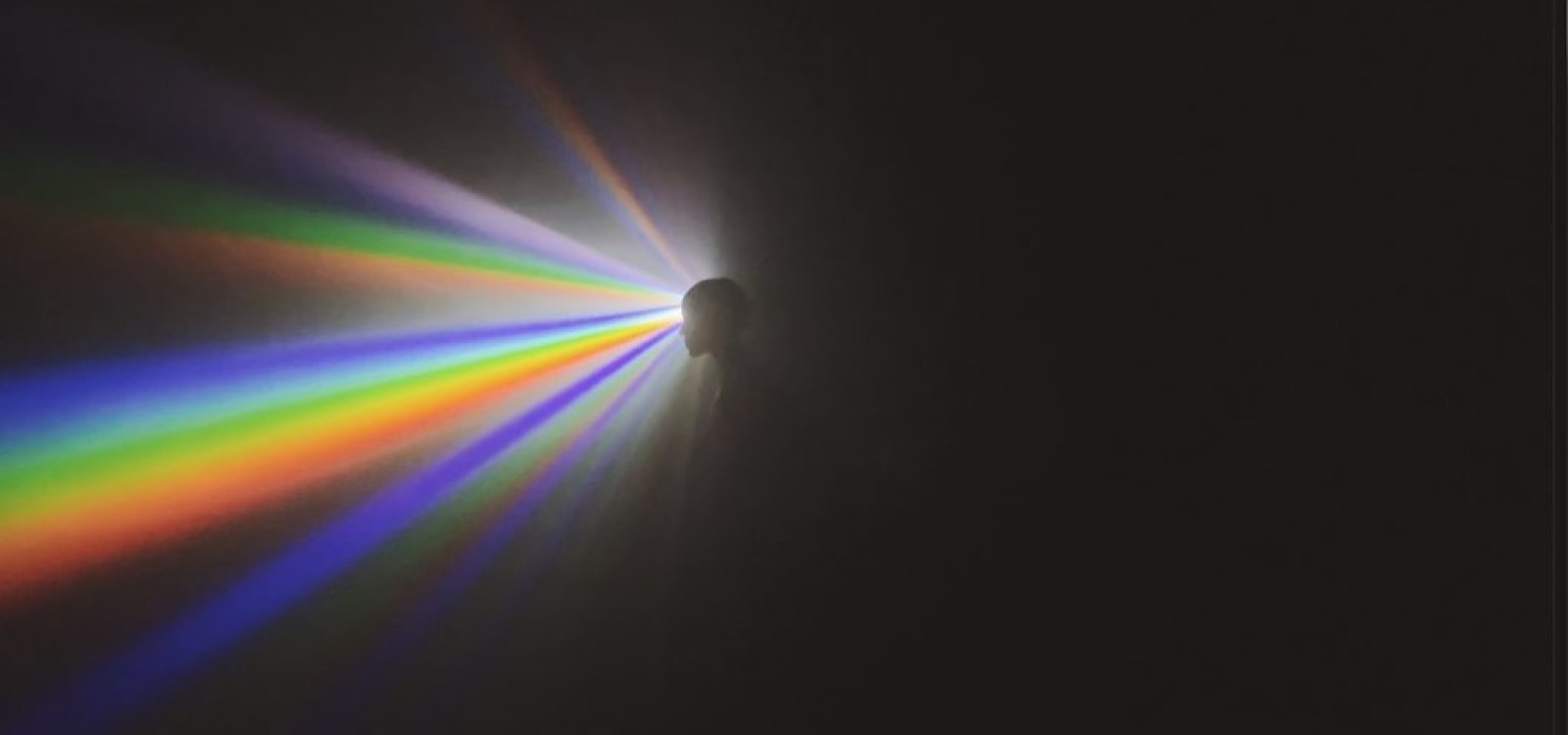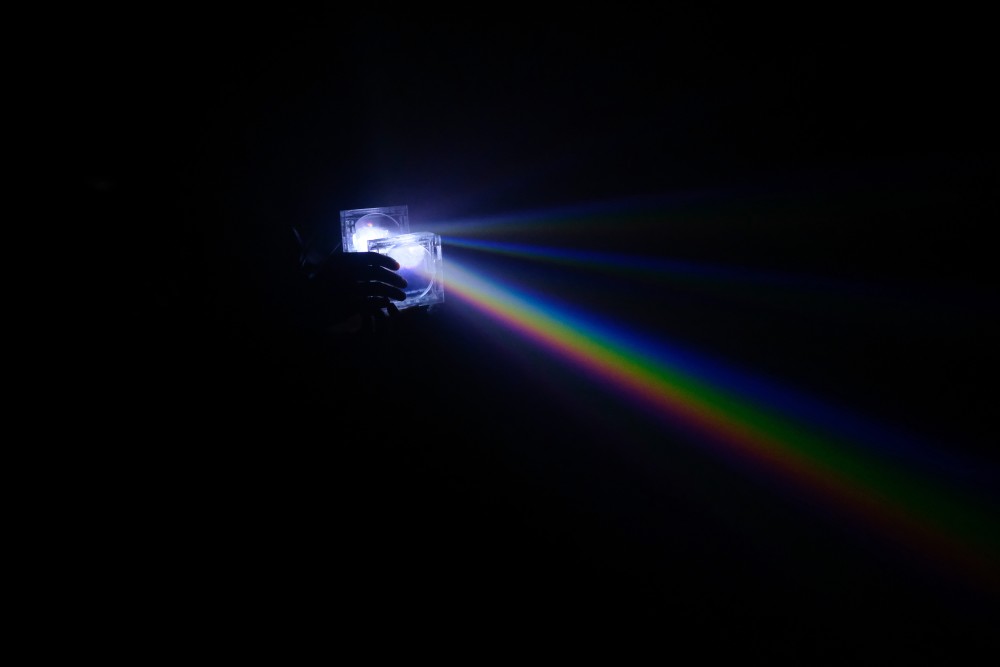
Kamil Hassim’s Event Horizon II: a sensory meditation on black holes
Resulting from his residency at CERN, SAAO, and SARAO, Hassim’s second iteration of Event Horizon will be exhibited at —defunct context’s Prototype Pavilion at the University of Cape Town
The event horizon is the boundary around a black hole beyond which nothing can escape. It is a point of no return, where the gravitational pull is so strong that even light cannot escape. The information paradox refers to the problem of what happens to information that falls into a black hole. According to the laws of physics, information cannot be destroyed, yet it seems to disappear when it falls into a black hole. The holographic principle, which suggests that all the information contained within a region of space can be encoded on its boundary, is another example of how information can be lost or obscured within a closed system. This principle implies that the universe may be like a hologram, with three-dimensional information projected onto a two-dimensional surface.
During his Connect South Africa residency at CERN, the South African Astronomy Observatory (SAAO), and the South African Radio Astronomy Observatory (SARAO), Hassim expanded his artistic research into fundamental physics, modern African astronomy, and ancient indigenous cosmologies in dialogue with physicists and astronomers from the different scientific communities. At the heart of Hassim's work lies an exploration of how information permeates through social, cultural and physical systems based on concepts relating to black holes. In the exhibition Event Horizon, Hassim takes us on a journey through the mysteries of black holes, inviting us to contemplate these complex ideas through our senses and emotions.
By using defunct astronomical lenses to create optical effects, the installation immerses us in an experience that is designed to facilitate a process of ‘embodied knowledge’. This process allows us to engage with these ideas on a visceral level, connecting us more deeply to the mysteries of the cosmos. The idea of embodied knowledge is central to many indigenous knowledge systems, which hold that knowledge cannot be acquired solely through intellectual pursuits. Instead, it is something that must be felt and experienced to be fully understood.
The iteration Event Horizon II manifests as an installation in --defunct context’s experimental exhibition space Pavilion Prototype 2 U406 at the University of Cape Town, with the support of the South African Astronomical Observatory, Iziko Museums and curated by Sihle Sogaula. The exhibition seeks to create an immersive experience that allows visitors to develop embodied knowledge of phenomena like light and data, while also engaging with the complex cultural and scientific concepts associated with black holes. Doing so, Event Horizon offers a space for dialogue and engagement that can help to promote a more inclusive and diverse understanding of science and its relationship to culture. Due to how prismatic light behaves, specific wavelengths are only visible at particular angles. Because of this, no two observers in the room see the same thing despite observing the same event. Here another connection is made between a fundamental concept in theoretical physics, and a foundational idea in many indigenous cosmologies: that the act of observing the universe is in itself an act of creation because information and events exist in relation to one another.
Event Horizon II opens on 1 June, accompanied by the sonic improvisations of composer and guitarist Reza Khota, and will run through 6 June.
This exhibition results from Kamil’s Connect South Africa residency at CERN, SAAO Astronomy, and SARAO. Connect South Africa is part of Connect, the collaboration framework between Arts at CERN and the Swiss Arts Council Pro Helvetia, servings as a platform for dialogue between artistic and scientific communities worldwide.
